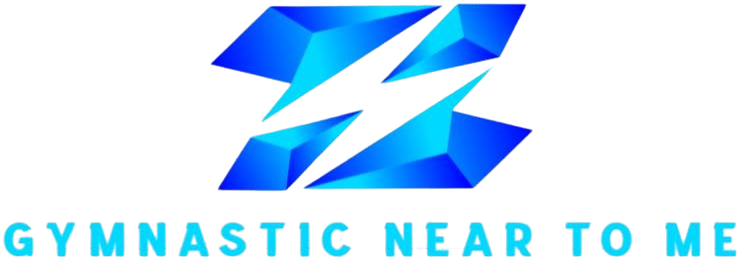What Is Wholesale Energy Trading?
In Australia’s complex and competitive energy market, much of the action happens behind the scenes—long before electricity reaches homes or businesses. This behind-the-scenes activity is known as wholesale energy trading. But what exactly does it involve, and how is it different from the work of an energy broker? Let’s break it down. What Is Wholesale
